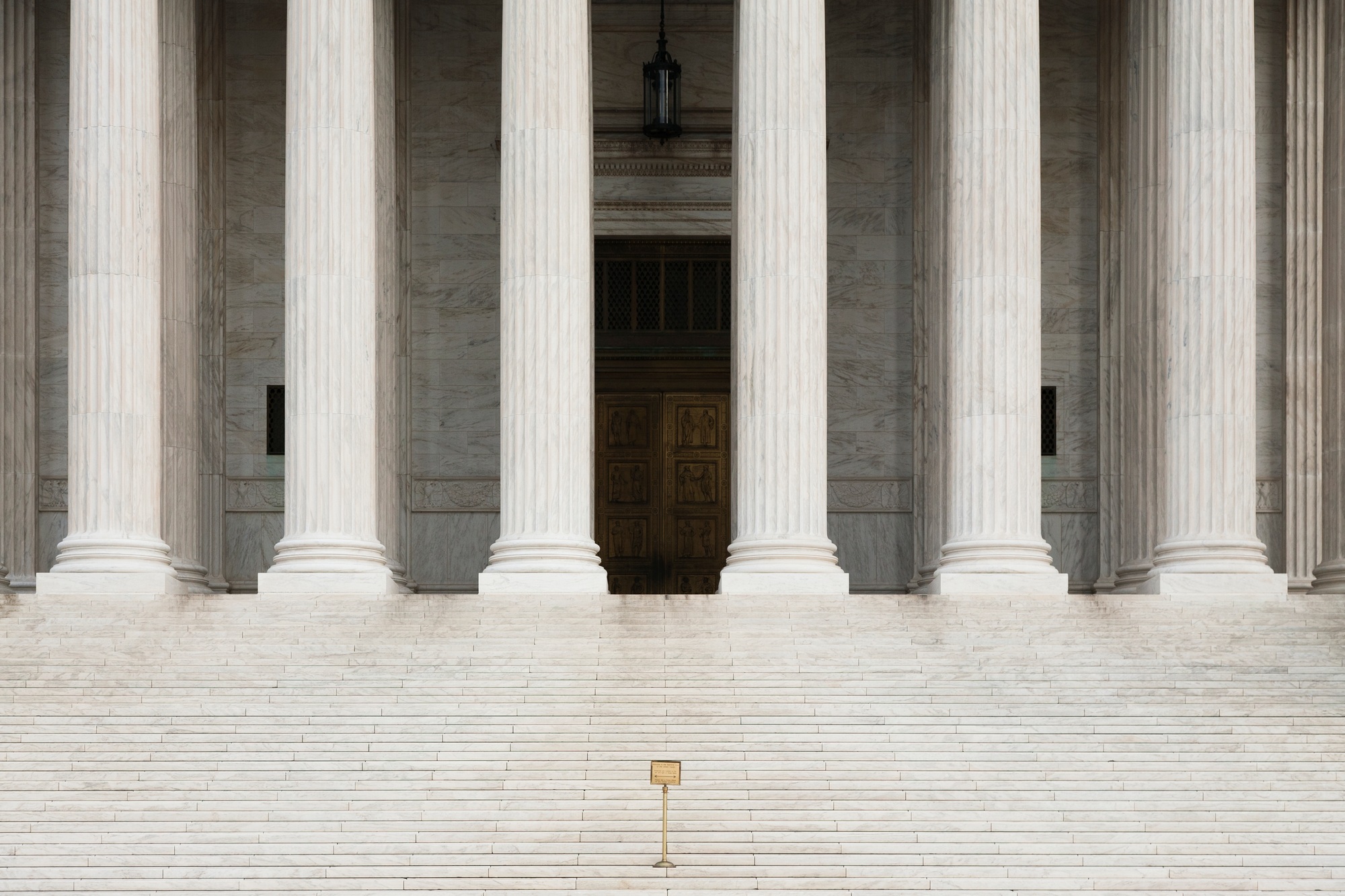On Friday, the U.S. Supreme Court announced it would review a pivotal decision by the Fifth Circuit Court of Appeals that deemed the Universal Service Fund (USF) unconstitutional. This critical case could reshape the federal framework for funding broadband programs, with far-reaching implications for connectivity initiatives nationwide.
The Fifth Circuit’s decision, issued in July, challenged the legality of the USF, a program managed by the Federal Communications Commission (FCC) that provides approximately $8 billion annually for broadband deployment and access initiatives. The FCC, alongside industry stakeholders, quickly responded by filing petitions for a writ of certiorari, urging the Supreme Court to take up the case. Their requests have been granted, setting the stage for a significant legal battle.
What Is the Universal Service Fund? – Established under the Telecommunications Act of 1996, the USF supports various critical broadband programs. Among its initiatives is the High-Cost Program, which funds rural broadband expansion through efforts like the Rural Digital Opportunity Fund (RDOF); Lifeline, which provides affordable communications for low-income households; and E-Rate, which connects schools and libraries to the internet. The program is funded by assessing voice service revenues, a model that has come under scrutiny in recent years as traditional voice revenues decline. Industry leaders and policymakers have advocated reforming the USF’s funding mechanism, proposing contributions from broader revenue sources such as internet providers or digital services.
The Legal Challenge – At the heart of the Fifth Circuit’s ruling is a constitutional challenge to delegating Congress’s power to the FCC to manage and oversee the USF. Critics of the program argue that the lack of direct congressional oversight over the FCC’s administration of the USF and its funding mechanism violates the nondelegation doctrine, which limits Congress’s ability to transfer legislative powers to other entities. If the Supreme Court upholds the Fifth Circuit’s decision, it could effectively dismantle the USF’s current structure, leaving critical broadband initiatives without a stable funding source.
Implications for Broadband Access – The stakes in this case are immense. USF-supported programs have been instrumental in expanding high-speed internet access, particularly in rural and underserved areas. The High-Cost Program, for example, plays a central role in funding rural broadband infrastructure projects, while Lifeline and E-Rate ensure connectivity for vulnerable populations and public institutions.
Advocates warn that without the USF, these initiatives could face severe disruptions, widening the digital divide. “The Universal Service Fund is a cornerstone of our efforts to ensure that all Americans have access to affordable, high-speed internet,” said a broadband policy expert. “Losing this funding source would be devastating for rural communities, low-income households, and schools that rely on these programs to stay connected.”
Calls for Reform – Even as the Supreme Court prepares to review the case, Congress continues to debate reforms to the USF’s funding model. Proposals include expanding the contribution base to include revenues from internet services and digital platforms, reflecting the changing nature of telecommunications consumption. Supporters argue that modernizing the funding structure would not only sustain the USF but also make it more equitable, ensuring that all users of broadband and telecommunications services contribute pretty.
The Supreme Court’s decision to review the Fifth Circuit’s ruling highlights the growing tension between longstanding federal programs and modern interpretations of constitutional principles. A ruling against the USF could prompt Congress to act swiftly to create a new funding framework, but the potential for disruption remains significant. Oral arguments are expected to occur in early 2025, with a decision anticipated later in the year. Until then, the future of broadband funding in the United States hangs in the balance.




